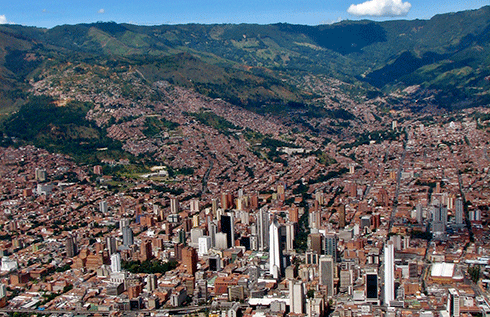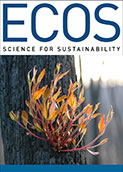
|
Published: 25 August 2014
Getting more cities to go global on urban sustainability
A new five-year agreement between the United Nations Global Compact and RMIT University aims to unite and strengthen efforts to tackle the world’s urban sustainability problems.

|
|
Medellin, Colombia: leading the way on housing and poverty, governance and planning, urban form and mobility and food, water and energy security. Credit:
Seth Pipkin CC-BY SA 2.0
|
The agreement will boost the reach and work of the Global Compact Cities Programme, the urban component of the UN Global Compact that has been hosted by RMIT since 2008.
The Cities Programme promotes the adoption by cities of 10 principles on human rights, labour, environment and anti-corruption.
The 86 cities currently participating range from large metropolitan capitals (Barcelona, Melbourne, Berlin, Quito) to states (Sao Paulo and Parana in Brazil, Queretaro in Mexico) and municipalities (Besiktas in Turkey, San Isidro in Argentina).
Under the new agreement, the Cities Programme will expand into the Asia-Pacific and double the number of signatory cities.
‘We have seen how cities and states can overcome complex challenges by taking an approach that considers a broad range of sustainability principles covering human rights, labour standards, environment and anti-corruption, and then working with business and civil society to find lasting solutions,’ said UN Global Compact Executive Director, Georg Kell.
Among the aims of the Global Compact Cities Programme over the next five years are:
-
deepening engagement with leader cities such as Medellin (Colombia), Porto Alegre (Brazil), Barcelona (Spain) to draw on their innovation and inform and inspire other cities
-
assisting more signatory cities to become Global Compact city leaders and share their good practice and knowledge with other cities
-
undertaking the first major survey of all signatory cities
-
establishing cluster networks of cities within countries and states, and building partnerships with the private sector and NGOs
-
enabling cities to better compare practices and innovations, collaborate on solutions to urban development challenges, and celebrate and share their successes.
Source: RMIT



